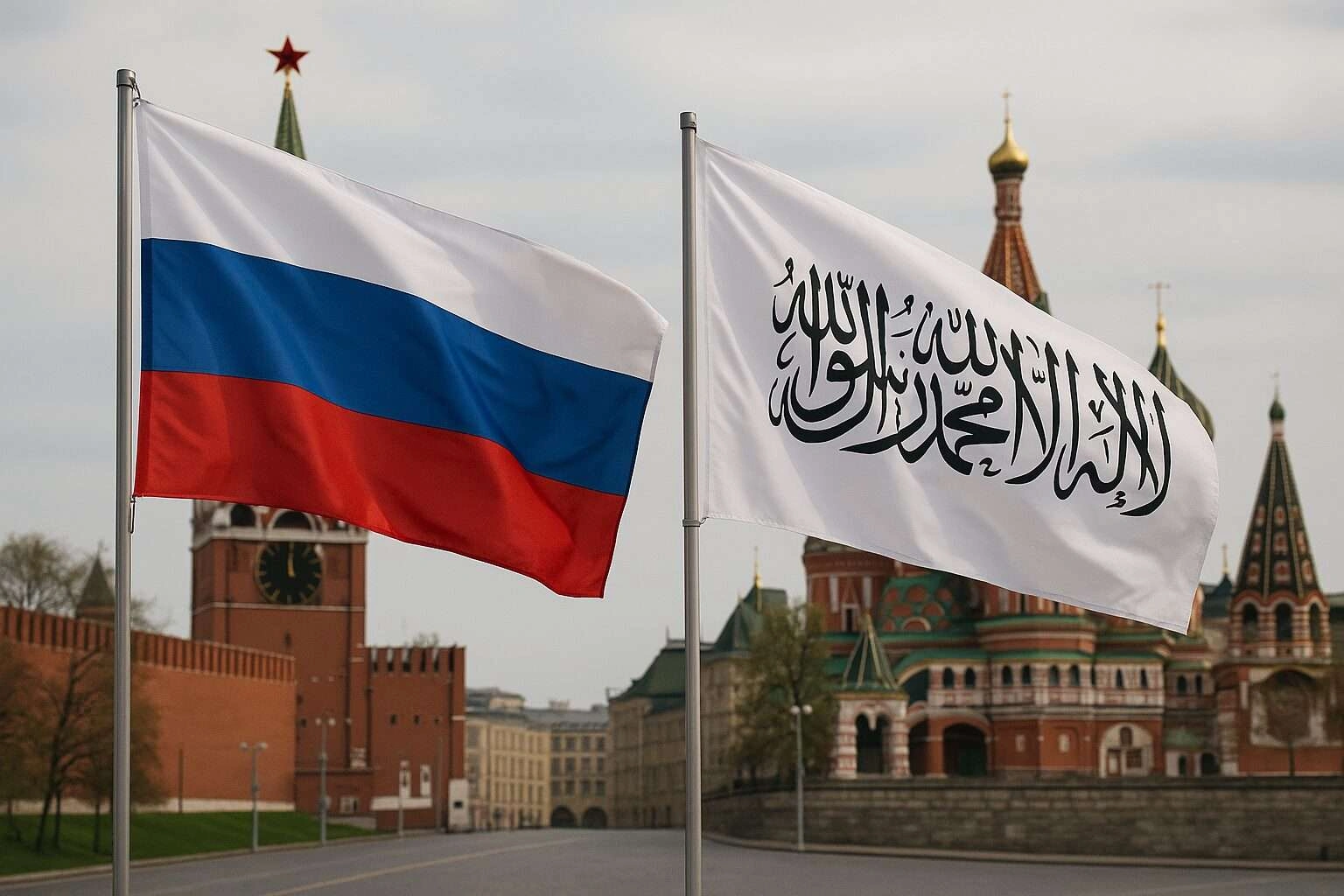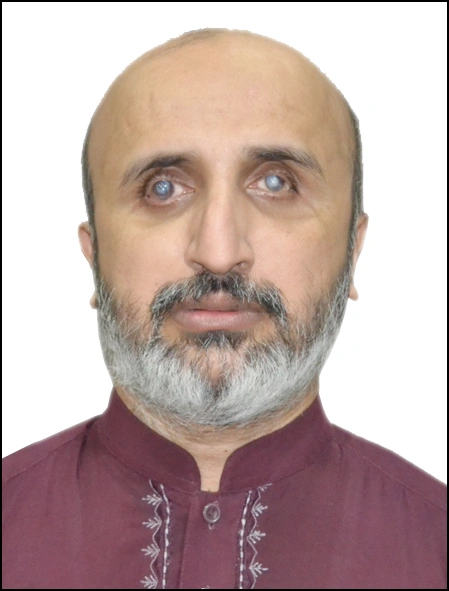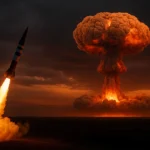In a turning point for regional diplomacy, Russia has become the first nation to formally recognize the Taliban government in Afghanistan. This move confirming the Taliban’s diplomatic recognition by a major power has reshaped the international response to the Taliban-run Afghanistan and sparked debate across global capitals.
Zamir Kabulov, Moscow’s special envoy to Afghanistan, announced the news as Russia accepted credentials from a Taliban-appointed ambassador. The Kremlin called the step a means to promote productive Kabul-Moscow relations and deepen bilateral ties. As many Western nations hesitate, Russia’s approach signals a shift in how the world might engage with the Taliban government recognition issue going forward.
Echoes of the Past, Moves Toward the Future
The decision stirs memories of Russia’s own history in Afghanistan, notably its failed 1980s intervention that contributed to the Soviet Union’s collapse. Today, however, Russia’s recognition of the Taliban highlights a cold strategic calculation rather than ideological alignment. Unlike the U.S. and EU, which continue to deny Taliban international recognition, Moscow appears to accept the reality on the ground.
Afghanistan under Taliban rule in Afghanistan represents a different kind of battleground—one where influence, security, and resources shape the stakes. The motivation of Russsia span regional stability, economic gains, and the desire to reshape the international order.
Containing the IS-KP Threat in Afghanistan
One immediate concern for Russia is the threat posed by the Islamic State-Khorasan Province (IS-KP). These groups’ activities in Afghanistan pose a danger to Central Asia and, by extension, Russian security interests. Moscow hopes Taliban and Islamic State Khorasan rivalries will lead to an implicit alliance against a shared enemy.
Recognizing the Taliban gives Moscow a diplomatic edge, allowing intelligence sharing and counterterrorism cooperation. The IS-KP threat in Afghanistan is central to Russia’s regional calculations.
Economic Interests and Strategic Projects
Russia also sees untapped economic potential and new opportunities in Taliban led Afghanistan. Trillions in mineral resources, Taliban oil and gas deals, and major infrastructure ventures like the Trans-Afghan Railway Project offer lucrative openings. As sanctions from the Ukraine conflict squeeze Russia’s economy, Afghanistan has the potential to provide new trade and transit possibilities.
Kabul has already expressed interest in expanding trade with Russia, including energy imports. Talks have touched on fuel, wheat, and broader cooperation under new Taliban regional partnerships.
Shifting the Diplomatic Map
The symbolism behind Taliban diplomatic recognition extends beyond economics. It challenges the U.S.-led strategy of isolating the Taliban regime through denial of legitimacy. Billions in Afghan central bank assets remain frozen as part of Western pressure campaigns focused on human rights especially women rights under Taliban rule in Afghanistan.
Moreover, Russia moves to undercut this leverage, potentially triggering a domino effect. Countries like China, Iran, Pakistan, and Gulf states, some of which engage with the Taliban informally may now feel emboldened to extend formal Taliban international recognition. Afghanistan-China relations and Afghanistan-Pakistan diplomacy are already warming, with joint infrastructure and security talks underway.
The Moscow Format Meeting and Taliban at the UN
Russia has hosted several Moscow Format meetings, aimed at building consensus among regional players on Afghanistan. These platforms have legitimized Taliban engagement even before formal recognition. The latest move of the Kremlin reinforces its call for the Taliban to be seated at the UN, a step that would grant full Taliban international recognition.
Critics argue this sends a dangerous signal: that forceful power grabs can be rewarded. Human rights advocates warn it may entrench authoritarian Taliban rule. Others, however, see it as necessary realpolitik in a world where global power balances are shifting.
A New Great Game?
This may well be the dawn of a modern “Great Game.” Where Britain and Tsarist Russia once vied for dominance in Central Asia, today’s players include China, the U.S., Iran, India, and others. By recognizing the Taliban, Russia signals its intent to lead a new multipolar order offering Taliban-run Afghanistan an escape from Western isolation.
Kabul-Moscow relations will now be closely watched as a litmus test for what future Taliban governance and global engagement might look like.
Final Thought
Russia’s decision to formally recognize the Afghanistan Taliban government is a bold move in a region fraught with uncertainty. It brings opportunities for influence, security cooperation, and economic expansion. But it also risks normalizing Taliban repression and emboldening other extremist movements.
Whether this step stabilizes Afghanistan or draws Russia into a new quagmire remains to be seen. For now, the Kremlin has rolled the dice, reshaped regional diplomacy and forcing the world to reconsider how to engage with Taliban-run Afghanistan in the years ahead.








